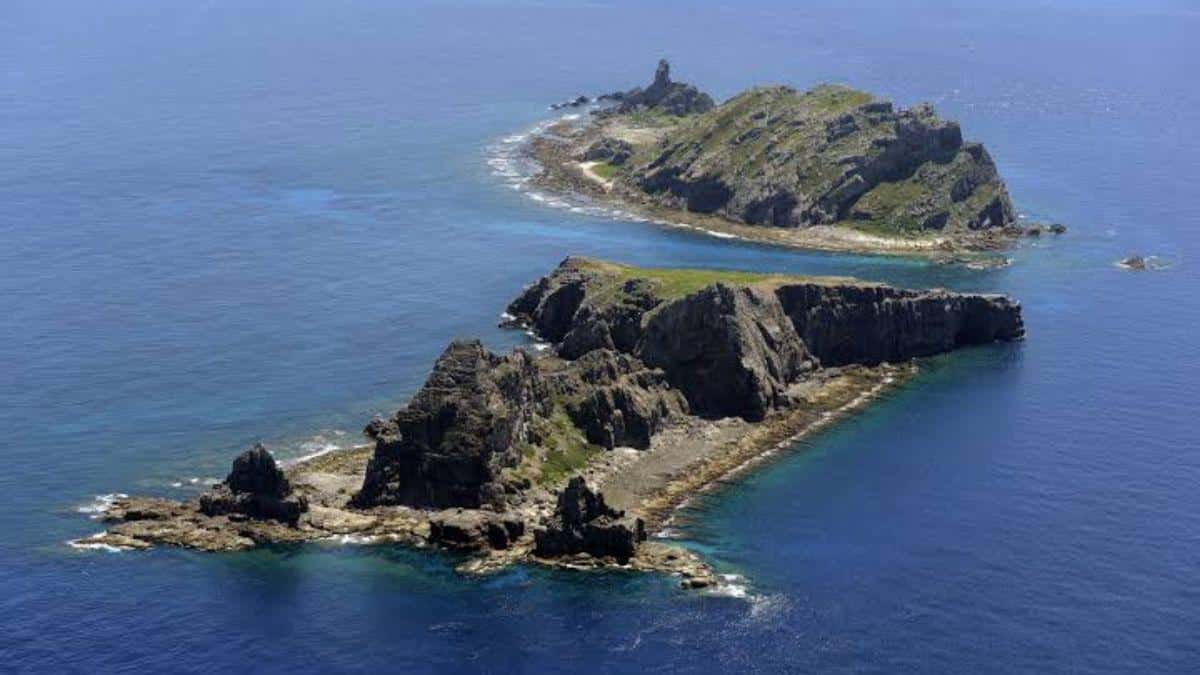Japan’s Foreign Ministry has formally protested against a South Korean maritime survey conducted near the contested Takeshima islets, known as Dokdo in South Korea. This latest diplomatic row erupted following the sighting of a South Korean survey vessel on Sunday, which was reportedly dropping surveying equipment into waters within Japan’s exclusive economic zone (EEZ), located southwest of the islets.
Hiroyuki Namazu, the Director-General of the Asian and Oceanian Affairs Bureau at Japan’s Foreign Ministry, immediately conveyed Japan’s objections through a telephone call to a senior official at the South Korean Embassy in Tokyo. In his communication, Namazu described the survey as “unacceptable” and demanded that it be halted without delay. This marks the fourth instance this year where Japan has lodged a formal protest against South Korean maritime activities in the vicinity of Takeshima.
The Takeshima islets, which lie in the Sea of Japan, have long been a point of contention between the two nations. While Japan claims sovereignty over the islets, South Korea maintains effective control and refers to them as Dokdo. The disputed status of the islets has led to recurring diplomatic friction, with both countries asserting their claims through various measures.
According to the Japanese Ministry, South Korea did not provide prior notification of the survey operation, further aggravating the situation. The absence of advance notice is viewed by Japan as a breach of diplomatic protocol and an exacerbation of the existing tensions.
This ongoing dispute reflects deeper historical and geopolitical complexities between Japan and South Korea, which continue to strain relations between the two neighboring countries.

